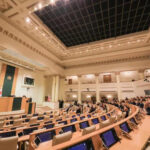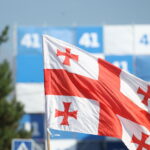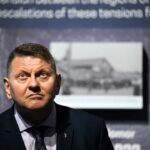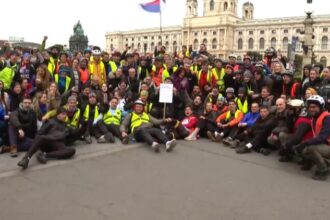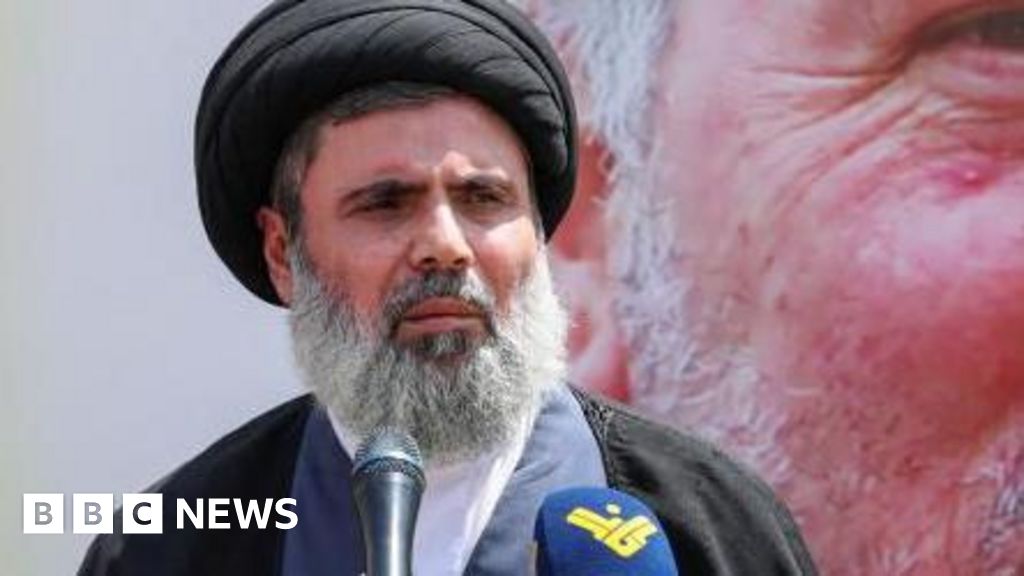In an air strike that took place nearly three weeks ago, the Israeli military claims to have killed the cleric who was expected to succeed Hassan Nasrallah as the leader of the late Hezbollah.
According to the Israel Defense Forces, Hashem Safieddine was killed in air strikes over the southern suburbs Beirut, the capital of Lebanon.
Hezbollah has not confirmed Safieddine’s death.
Nasrallah, the previous leader of the group, was killed in an Israeli airstrike on Beirut, on 27 September.
Hezbollah officials claimed to have lost contact with Safieddine after air strikes near the airport in the city on 4 October. US media reported that Israeli officials had said the cleric was the target of the bombing.
The city was shaken by huge blasts that night. Smoke plumes could be seen well into the morning.
The IDF released a statement on Tuesday stating that Safieddine, along with Ali Hussein Hazima (described as the commander of Hezbollah’s Intelligence Headquarters), had been killed in a strike against the main intelligence headquarters of the organisation in Beirut.
It accused Safieddine of being involved in Hezbollah’s “central decision making processes” and of having directed “terrorist acts against the State of Israel”.
Hezbollah, a military and political organisation with considerable power in Lebanon, is also a social and cultural organization. Israel, the US, UK and other countries have designated it as a terrorist organization.
Safieddine was himself designated as a “global terrorism” by the US in 2017 and Saudi Arabia.
He was a cousin of Nasrallah and studied religion in Iran. His son was married to the daughter of Gen Qasem Solimani, Iran’s most powerful military leader, who was killed by a US air strike on Iraq in 2020.
He was believed to be about 60 years old at the time of death.
Safieddine, in a speech he gave this summer in Beirut, described how Hezbollah views its leadership succession.
“When a leader is martyred in our resistance, another takes up his flag and continues with a new, certain, powerful determination,” he said, as quoted by AFP.
Israel launched an offensive against Hezbollah following almost a year’s worth of cross-border hostilities, sparked by the Gaza war. It said it wanted to guarantee the safe return of residents from border areas who were displaced by Hezbollah missile, rocket and drone attacks.
According to the health ministry of Lebanon, over the past year at least 2,464 Lebanese have died and nearly 12,000 others have been injured.
Hezbollah attacked Israel over the same time period with thousands of drones and rockets. At least 59 people were killed in northern Israel, including the occupied Golan Height, according to Reuters.
Read More @ www.bbc.com



